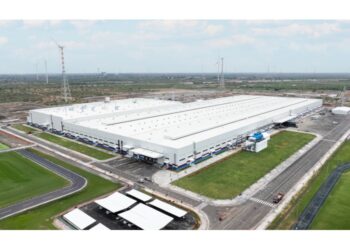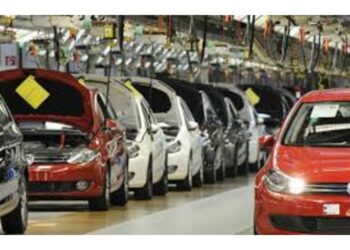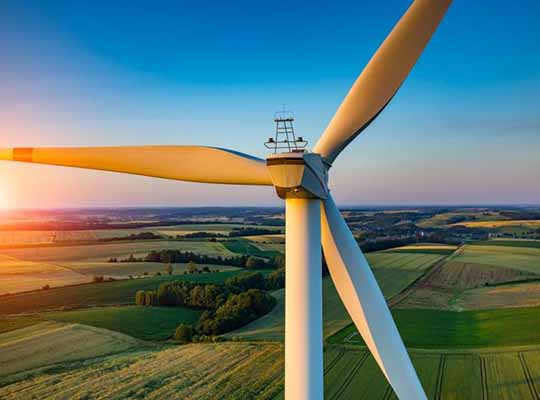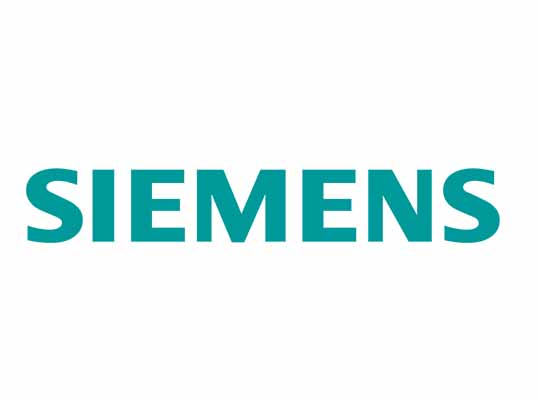The sudden and rapid increase in the demand for e-commerce in recent years has been a catalyst for the surge in last-mile services countrywide. The surge in COVID-19 cases all across the world and growth in the numbers of online shopping has pushed the importance of last-mile to the forefront of the overall supply chain process. Among all the industries of the country which were impacted by the pandemic, e-commerce and last-mile delivery showed the most resilience and recovered strongly in no time. During this period, we have also seen unprecedented growth in demand for online orders and e-commerce. Now, the last-mile delivery firms have adapted to this ‘new normal’. The market has brought many huge changes to the way things are delivered for the last-mile ecosystem. The pandemic has likely accelerated these changes.
Effect of Pandemic to boost the EV Last Mile delivery
Covid-19 pandemic has also pushed the last mile delivery through Electric Vehicles. The two-wheeler and three-wheeler segments continue to dominate the Indian electric vehicle (EV) industry. Even after the Covid-19, the EV market will recover swiftly. In the EV segment, E-rickshaws, e-autos and e-two wheelers are the most promising segments for electrification in India and are expected to account for over four million units by 2025.
The shift to electric mobility and last-mile delivery through EV has become necessary now more than ever owing to the fast depletion of fossil fuels, increase in energy costs, environmental impacts of last-mile delivery through petrol diesel vehicles, and digital intervention. Market and governments both have succeeded in demonstrating that electric vehicles could deliver the practicality, sustainability, safety, and affordability characteristics expected from them. Mobile internet, automation, the internet of things (IoT), cloud computing, advanced analytics, renewable energy are some areas of innovation and technology have been adopted to bring about changes in ways of traditional systems of functioning especially this time when the whole world is suffering from the pandemic.
EV Last-mile delivery market During Covid-19 Pandemic
Last mile delivery consists of almost two-fifths of the total logistics costs and this ensures the leading players will have to come up with newer innovative solutions. Adoption and Implementation of many modern technologies in last-mile delivery has been accelerated during the pandemic and it will continue to do so in the aftermath creating a competitive advantage among key players in the industry. Government authorities have also helped to adopt the EV last mile delivery during this time and relatively untapped market potential, Electric Vehicles (EVs) are poised to become an integral part of India’s last-mile delivery space. EV has pushed the last mile delivery to a greater extent during this time. EVs are not only good for the environment but they also provide a highly cost-effective alternative to petrol/diesel driven vehicles. India is the fastest growing economy in the world, where last-mile delivery of goods and services have played a crucial role in unlocking the growth potential, where we can expect a steady rise in consumer spending in the post-COVID-19 world. An increase in the demand for the adoption of EVs for last-mile delivery has resulted in operational savings for logistics firms and helped in reducing pollution as well.
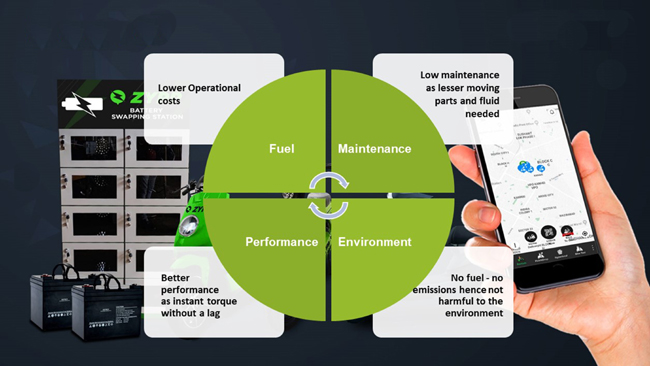
Last mile delivery companies have to take major steps in this direction to fast-track EV adoption for last-mile delivery with EV fleets. During the pandemic as well as after the pandemic, to build an EV-led last-mile delivery ecosystem will have to face many challenges like high cost, range anxiety and scarcity of charging stations that need to be addressed first. During this time, improvement in the infrastructure has also pushed to witness faster adoption and deployment of EVs for last-mile delivery. And the situation will continue to improve even in a post-pandemic world. One of the key enablers for growth in the market during Covid-19 has been the supply chain infrastructure built by last-mile delivery players and third-party new-age logistics players (3PL). The customers from tier-2+ cities and urban towns have been able to place orders online due to the growing impact of these players. Even before the pandemic, India was the fastest-growing last-mile delivery market and COVID-19 furthered the trend by altering the consumer behaviour and adding a large number of first-time users to e-commerce platforms. It has disrupted the market and today, even after cities opened up, a large number of consumers are not going back to the old normal.
Growth in e-commerce and increase in the demand for EV has led to a need for enterprise-focused EV last-mile delivery services that are available on demand. COVID-19 accelerated the digitization and electrification, drove the consolidation of the logistics and
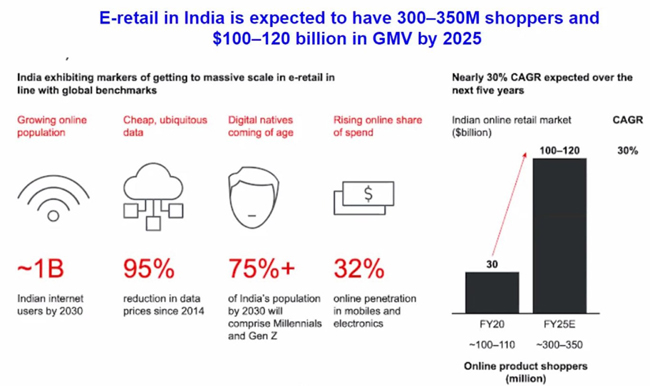
retail markets, led to stronger traffic regulation and fostered new hybrid online/offline retail business models. COVID-19 acted as a catalyst for contactless, unattended and autonomous delivery technologies, these factors also helped in the surge in the demand for EV last-mile delivery. Increased EV penetration occurred due to regulation and reduced battery costs, producing a positive total cost of usage (TCU).
EV last Mile delivery in the post pandemic World
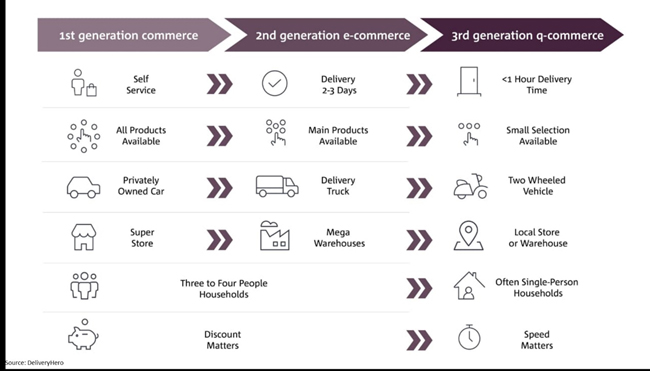
The COVID-19 impact in this scenario also includes the emergence of new hybrid business models. In today’s world, customers usually prefer to have control over deliveries in the last-mile delivery. The trend has emerged stronger during the pandemic. Now, last-mile delivery is no longer about offering tracking details, customers now want facilities to interact with the service providers so that they can go for last-minute changes. With the Covid-19 pandemic, the concept of contactless delivery is gaining momentum as a precautionary measure against the spread of the pandemic. Which has boosted and continues to boost the usages of EV last-mile deliveries. Recent years have marked the beginning of the evolution of last-mile delivery in India especially through EV. Now, people are looking for services that will help them lead a peaceful life and businesses need enterprise-focused last-mile delivery instead of doing it all by themselves.



